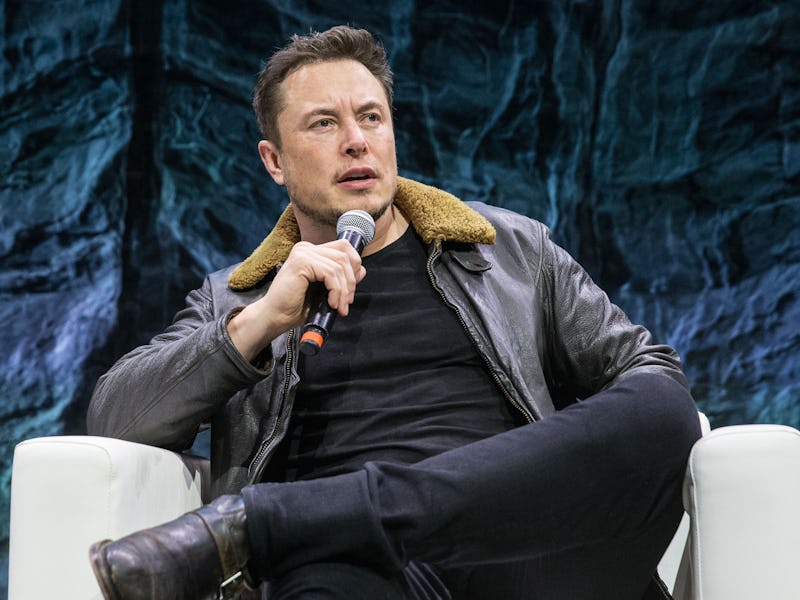Elon Musk's Censure Will Not "Chill" Innovation; It Will Make It Better
Honest innovation can't thrive amidst a sea of unfounded claims.

With Elon Musk finally starting to face consequences for his fast and loose Twitter comments, anybody interested in the future of sustainable transportation is wondering what it will mean not just for Tesla, but the culture of innovation writ-large; one that Musk has largely helped push forward in spite of his stunningly careless behavior.
Can experimentation and innovation survive when — gasp — people raising money on public markets have to watch what they say?
It seems like a strange question, but Musk’s reckoning also comes at a time when our perception of big tech is shifting. Earlier this year, an Axios/SurveyMonkey poll found that the number of Americans who want to see big tech more regulated rose by 15 percent in three months.
In 2010, about twice as many stories about the tech sector were “uncontestedly positive,” as were “uncontestedly negative,” according to the Information Technology and Innovation Foundation. By 2013, the opposite was true. And yet the road to a renewable energy future is no less imperative now than it was back then, which suggests that there is an argument that tech needs cheerleaders now more than ever. That seems to be the thrust of the argument for taking it easy on Musk, at least as Zachary Karabell puts it in Wired.
“On the letter of the law, the SEC complaint is hard to refute,” Karabell writes. “But not everything should be prosecuted to the full extent of the law … And while Musk might be served by yoga breaths before he tweets, attempting to tame his wild, creative energy may not only be futile but wrong.”
Can we terraform Mars without bending the truth?
Aspiring Inventors Will Still Admire a Tamer Elon Musk
It’s easy conflate Musk’s bold vision for the future with bold interpretations of his and his companies’ accounting and financial standing. People, not wrongfully, took Musk at his word when he said that “funding secured” at $420 per share, and they acted on it, sending the stock price soaring. The SEC noticed, and one of the results is that Musk officially has smaller role at Tesla.
The federal government’s intercession on behalf of shareholders is ultimately good for innovation, not bad, though. When we know that innovators are being held accountable in some way by impartial observers, then real people can more easily parse the difference between big promises and bullshit. Take the example of Theranos, the exemplar of biotech innovation that drew in fortunes in investment dollars — and the corresponding prestige — despite the fact that the underlying technology was, well fake.
Why start a biotech startup when you’re likely to get all this extra heat from non-technical regulators, skeptics, and the press?
Speaking to Wired, entrepreneur Sean Parker said that if he had one piece of advice for young people today, it would be to go into biology, which he says is undergoing the same transition now that IT underwent 20 years ago. DNA is the programming language of the moment. The exposing of Theranos, the most talked-about company in the space, did nothing to change that, perhaps, freeing up enthusiasm and funding for other, better, biotech projects.
Innovation isn’t served by the coddling of entrepreneurs. If anything the opposite is true. A new, more serious Elon Musk can be taken more seriously. That’s good for his investors, his employees, and for future generations of inventors, too.